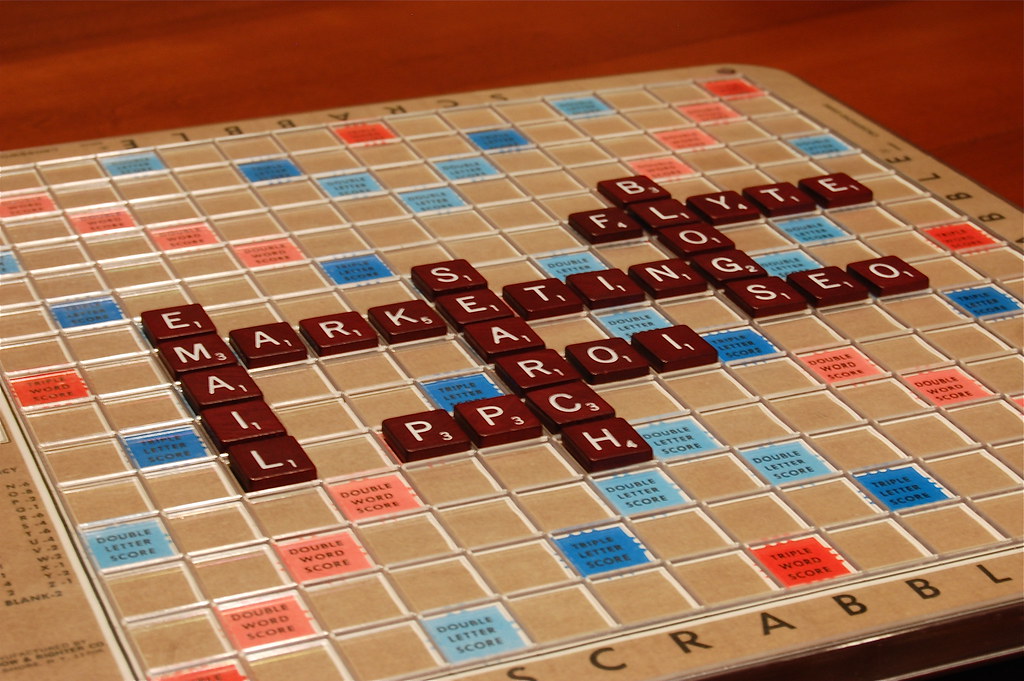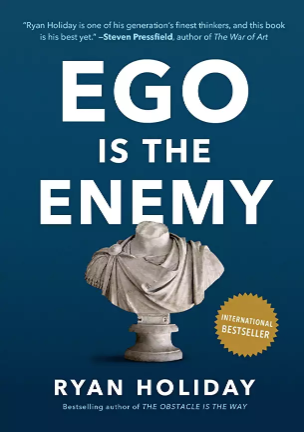
04 May The Power of Words in Coaching
“Blogging is dead.”
“You’ll never make it as a writer.”
“Every strength coach is blogging. You’re not that special.”
In 2019, I hear these all the time.
And deep down, these declarations have their way of clawing at my soul.
They make me wonder, ‘is all of this tapping away at my keyboard a waste of time?’
They make me question, ‘why the hell am I scribbling in my notebook in the first place?’

Admittedly, when people talk crap on blogging, my soul feels empty for a split second, but then, I’m inspired to write with more intensity.
I’m propelled to be a content machine.
I’m motivated to articulate my message better.
I’m reminded of how much I love writing and words.
You see, the folks who claim blogging is waning, are the folks who are unappreciative toward beautiful prose, dazzling diction, and sharp syntax.
Too, these folks are brainwashed by a digital culture that shoves stimulation down their throats.
They are distracted by so many mediums and glowing screens that they forget the power of the written word.
They are shackled by short attention spans, they can’t sit with themselves, a cup of coffee, and read a 2,000 word article for even 5 minutes.
It’s devastating, to say the least.
Now, I don’t want to sound like I’m complaining.
I’m not.
The truth is, rather, this is reality.

Alas, as much as reality can suck, and be a little terrifying, there’s a glimmer of hope.
For me, my mission is to bring back the power of storytelling and the written word through my blogging space. Truthfully, I won’t stop articulating my message until the online space blows up and the zombies take over the world.
Instagram, in fact, shut down that one, cold day, and everyone freaked out. And I was sitting pretty in my house, drinking a latte, and writing on my blog. The problem with today is, people are relying too heavily on video and picture content that they forget how to communicate in the first place.
Okay, where were we? Oh yes! The power of words.

If my words can breathe down your neck when you’re alone in your house, then I’ve done my job. Sorry if that sounded creepy.
Moreover, if my words spark you to take charge of your life, scrutinize your actions, and rethink your values, then I’ve done my job.
If my words can build your confidence, motivate you to take radical action, and serve as the impetus for you to evolve, then I’ve done my job.
I know this blog is for coaches in the soccer world, as well as strength and conditioning coaches and parents, but I’d argue, the themes from each article can help many on their pursuit to living a more fulfilled, wholehearted life.
This reminds me, my favorite book, The Ego Is The Enemy, serves as the inspiration for the majority of my work.

As I write, you bet I’m braiding in messaging that gets people to live more in their heart space and collaborate better.
I’m sneaky like that.
But yo: that’s the job of a writer. To connect with the reader in an intimate way and tantalize them so hard with word wizardry that they have no choice but to evolve and grow.
My storytelling has urged female athletes to grow.
My storytelling has urged coaches to grow.
My storytelling has urged parents to grow.
Words are impactful.
And coaches can be better with words. In fact, more self aware with words.
Are you using words that suck the energy of your players?
As an example, do you say, “you should lose weight!” to a female athlete?
Or, are you using words that are empowering?
As an example, do you say, “let’s get you strong and more powerful!” to a female athlete?
Another one, are you saying, “crying is a sign of weakness” to a female athlete?
Or, are you saying, “crying shows you care and I’m glad you hold yourself to a high standard” to female athlete?
Some more phrases with powerful, uplifting words:
– Punch the ball (passing or shooting follow-through cueing)
– Push the ground away (acceleration, first step cueing)
– Build strength or power (weight loss/gain cueing)
– Scan the field (eyes up cueing)
– Attack the ball (50/50 head ball cueing)
– Demand the ball (communicating to teammates cueing)
And these are just glossing over the tip of the iceberg.
I don’t care if we live in the digital age and have forgotten how to communicate like adults, but we need to start thinking about our words.
To that end, delivering a malicious punch is easy, but delivering an uplifting punch takes work.
Do the freaking work.
Your word choices matter.
I’m not a writer or anything.


No Comments